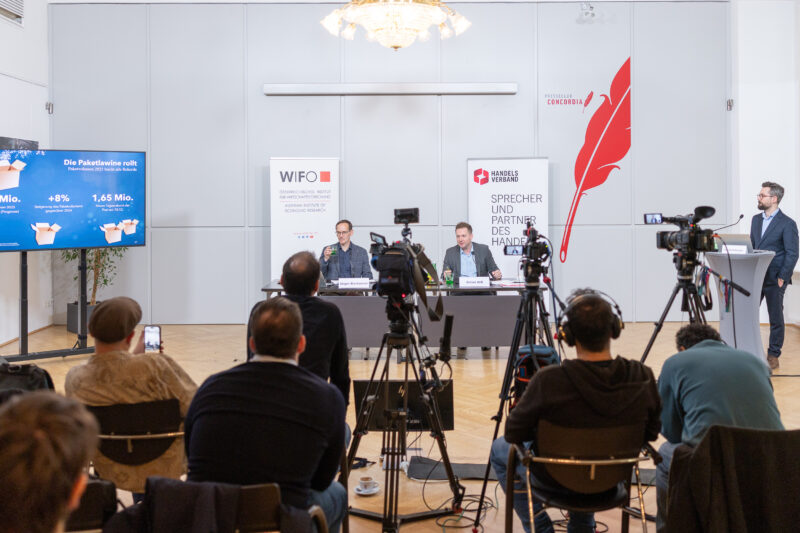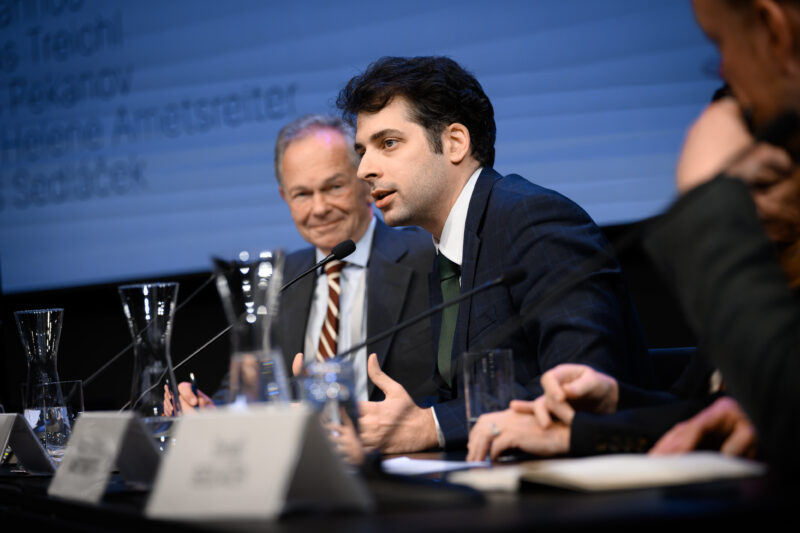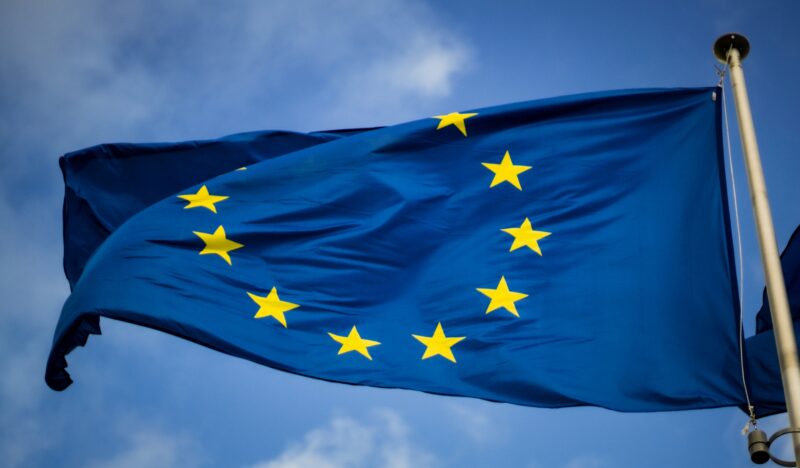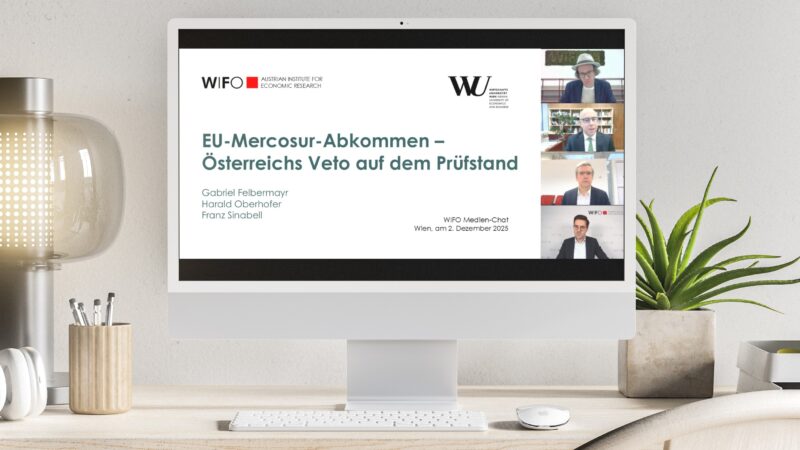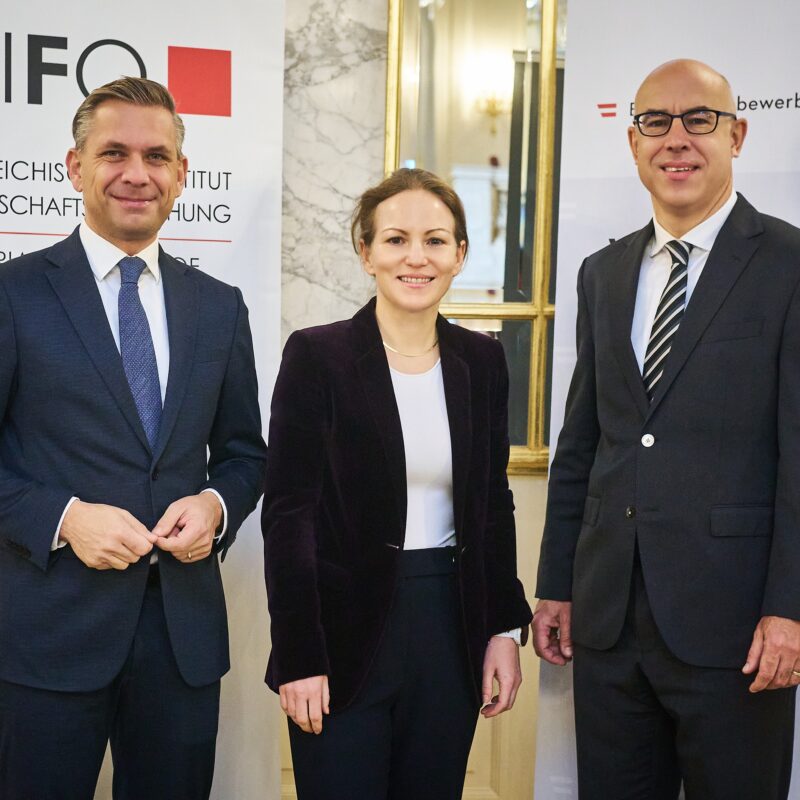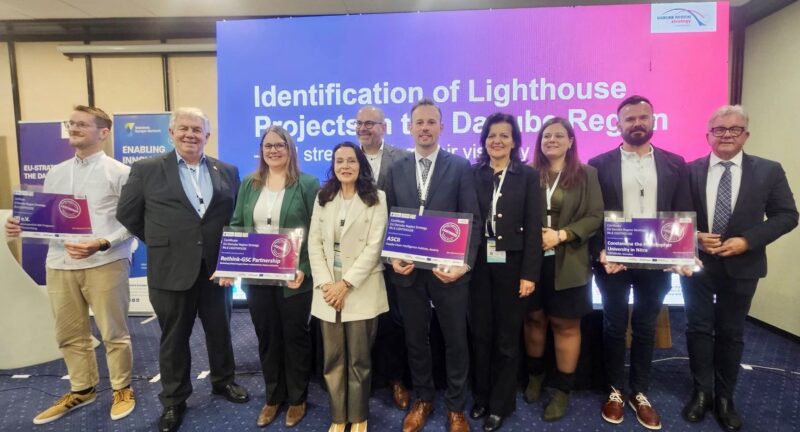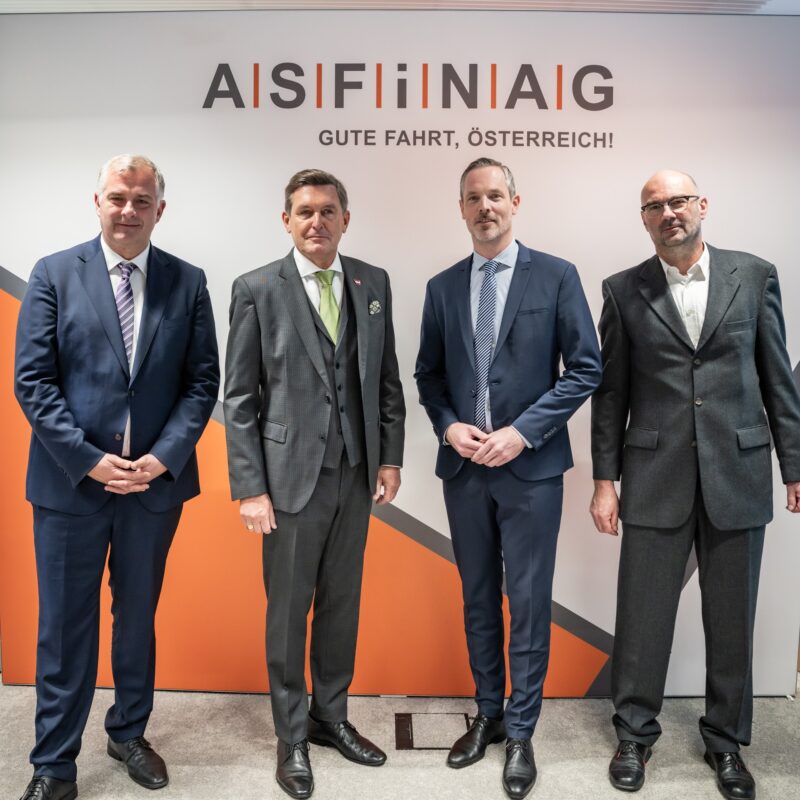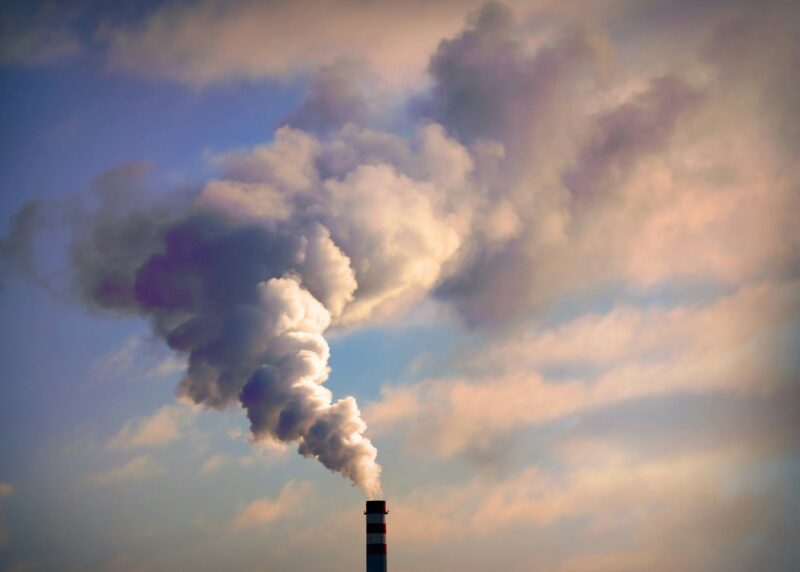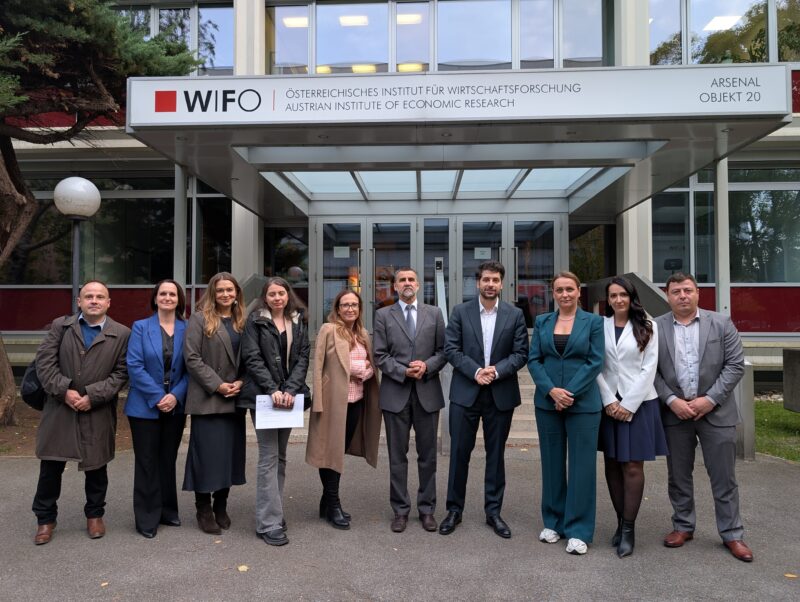
Energy Development in EU Member Countries
The UN's Sustainable Development Goals (SDGs) and the Paris Climate Convention provide the basis for the development of a sustainable society. In their Working Paper, WIFO environmental economists Claudia Kettner-Marx, Daniela Kletzan-Slamanig and Angela Köppl, in collaboration with IHS researchers Beate Littig and Irina Zielinski, analyse climate and energy policy in Austria and other selected European countries using composite indices. The composite indices cover four key demand-side sectors of energy demand (households, transport, industry, services) as well as the provision of electricity and heat.
The index-based analysis provides several results, which are also supported by research on climate and energy policy in the case study countries: The composite indices point to only moderate improvements in energy and climate development in the nine case study countries between 2005 and 2015. However, some countries show above-average performance, at least in some areas. The analysis underlines the structural differences in national energy systems and the various challenges for decarbonisation. The results also confirm that synergies and conflicts between the different target dimensions and indicators need to be carefully assessed. Policy instruments must therefore be adapted to national frameworks and interdependencies need to be considered.
Publications
- Claudia Kettner-Marx
- Daniela Kletzan-Slamanig
- Angela Köppl (WIFO)
- Beate Littig
- Irina Zielinska
Please contact



